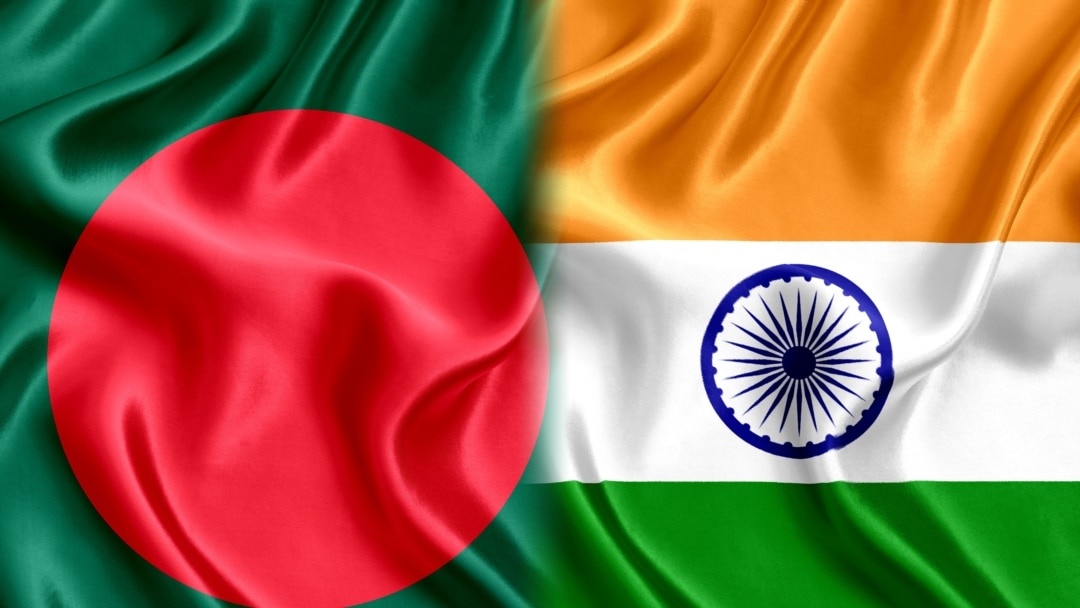India-Bangladesh Relations: Is India's Interference in Minority Issues Justified?
India has often raised concerns about the state of minorities in Bangladesh, particularly the Hindu community. It frequently comments on incidents of violence or discrimination against minorities in Bangladesh. However, India’s own record with its Muslim minority raises serious questions. Reports of violence, discrimination, and marginalization of Muslims in India often dominate international news. This prompts a pertinent question: How justified is India in interfering in Bangladesh’s internal affairs while struggling with its own minority issues?
India regularly expresses concern over incidents involving minorities in Bangladesh. These concerns often revolve around the safety of the Hindu community, temple vandalism, or communal violence. However, Muslims in India face challenges such as mob lynching, forced religious conversions, and systemic discrimination in education and employment. Despite these glaring issues, India's criticism of Bangladesh over minority treatment appears to reflect a double standard.
This pattern of interference has been observed for decades, starting from the 1971 Liberation War when India took on the role of a protector of Hindus in Bangladesh. In recent years, India's statements on any alleged mistreatment of minorities in Bangladesh have become more frequent. At the same time, incidents of communal violence in India have also escalated under the current government, highlighting the hypocrisy of such criticism.
This diplomatic tension is mainly centered between Delhi and Dhaka. It directly involves the minority Muslim community in India and the Hindu minority community in Bangladesh. The geographical and cultural proximity of the two nations makes the issue even more sensitive.
India's interference stems from both political and diplomatic motives:
Political Motive: Raising the issue of minority treatment in Bangladesh allows India to maintain pressure on the Bangladeshi government and score points on the global stage.
Diplomatic Motive: It positions India as a “guardian” of South Asia’s minorities, thereby reinforcing its regional dominance.
Deflecting Domestic Criticism: Highlighting minority issues in Bangladesh serves as a smokescreen to divert attention from India’s own failure to protect its Muslim minority.
India often issues unilateral statements regarding minority issues in Bangladesh, which strains diplomatic relations. This narrative creates pressure on Bangladeshi political parties while portraying India as a moral authority. Meanwhile, India remains largely silent on its own communal violence against Muslims, using selective outrage as a tool for political gain.
India's Double Standards: Reality and Analysis
The condition of Muslims in India continues to deteriorate. Under Prime Minister Narendra Modi’s BJP-led government, incidents of mob lynching, restrictions on religious practices, and attacks on Islamic heritage have increased. While Bangladesh is criticized for minority rights, India’s treatment of its Muslim population reveals a glaring inconsistency.
Conclusion
India must first address its own challenges regarding minority protection before it can justifiably comment on other nations’ internal affairs. Improving the condition of Muslims and ensuring their rights within India would give the country moral credibility. For Bangladesh, its people and government are increasingly resistant to such interference, emphasizing the importance of maintaining a balanced and respectful bilateral relationship.
